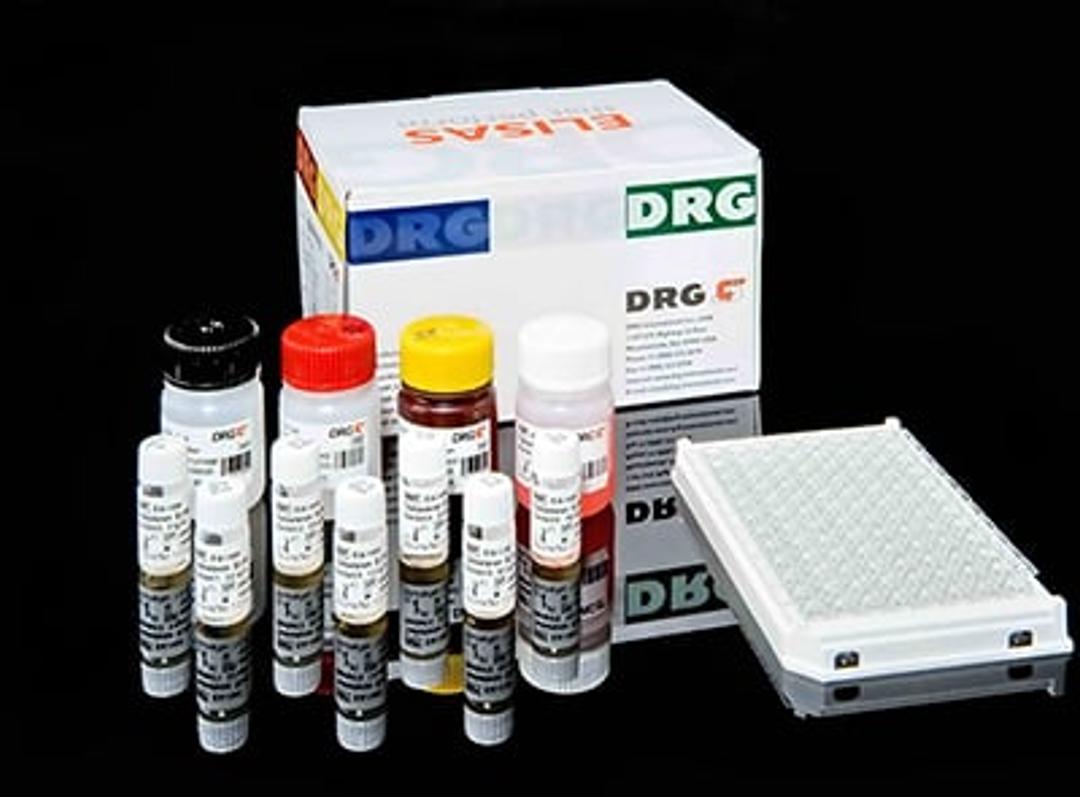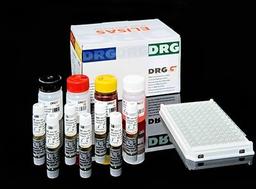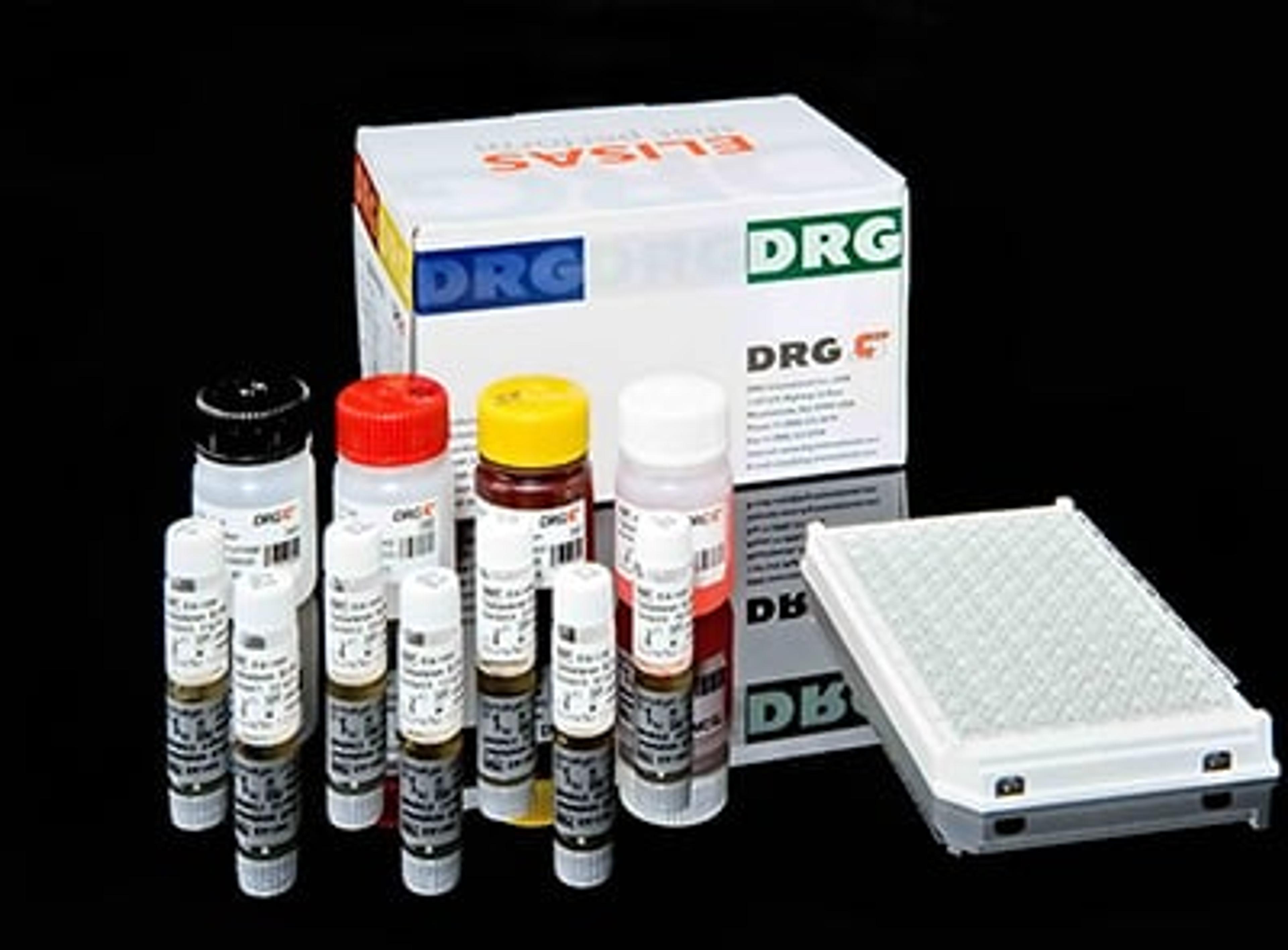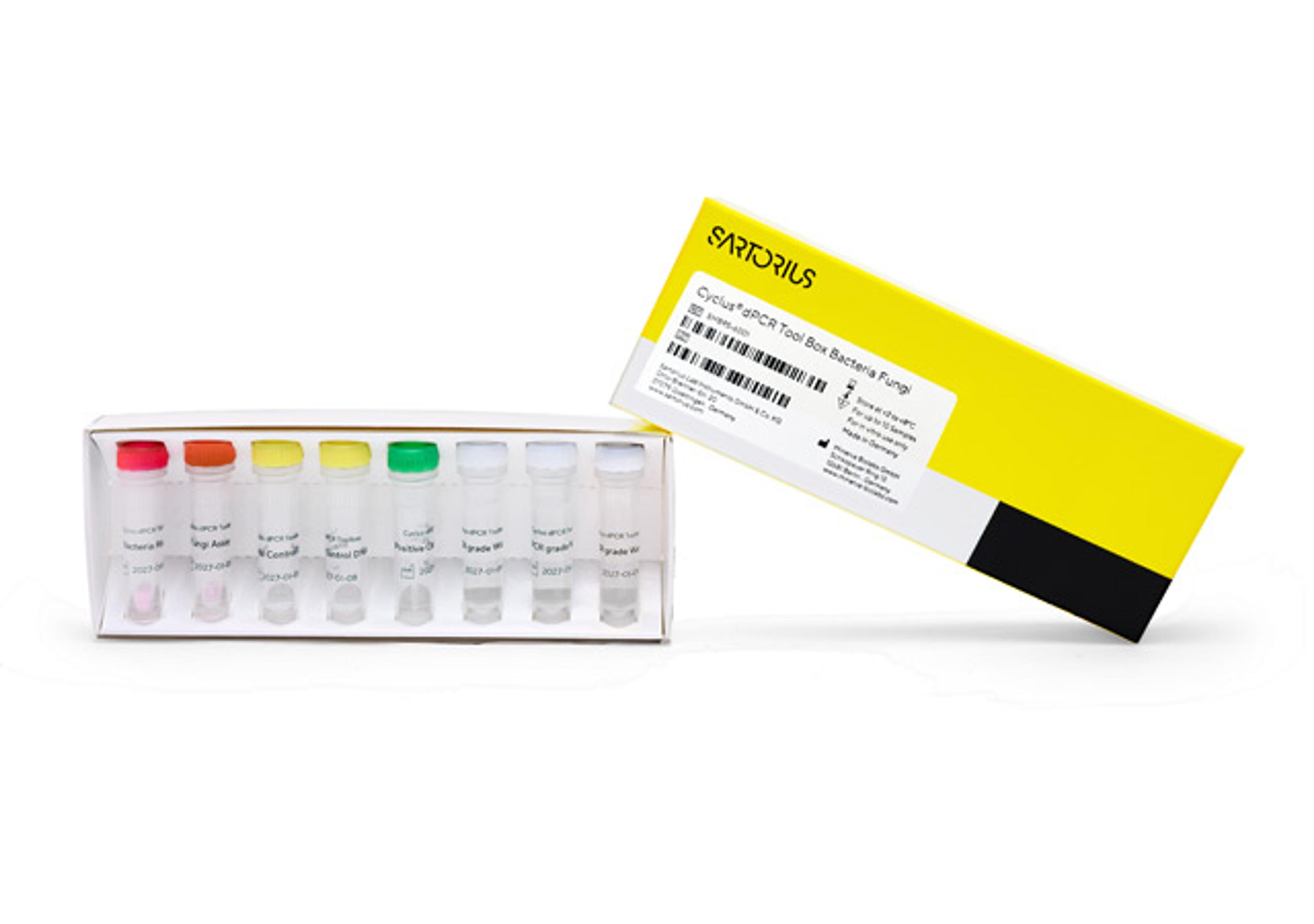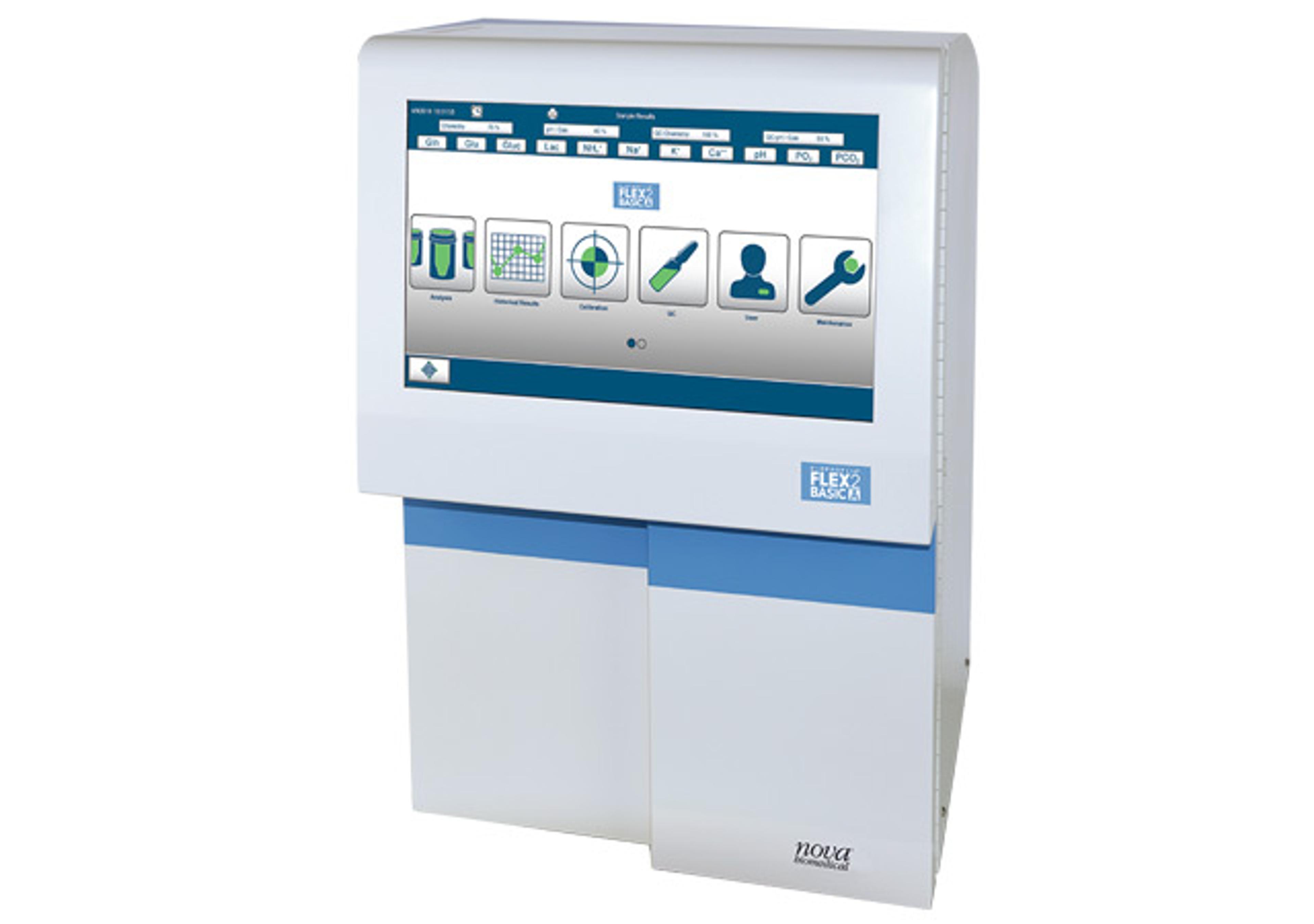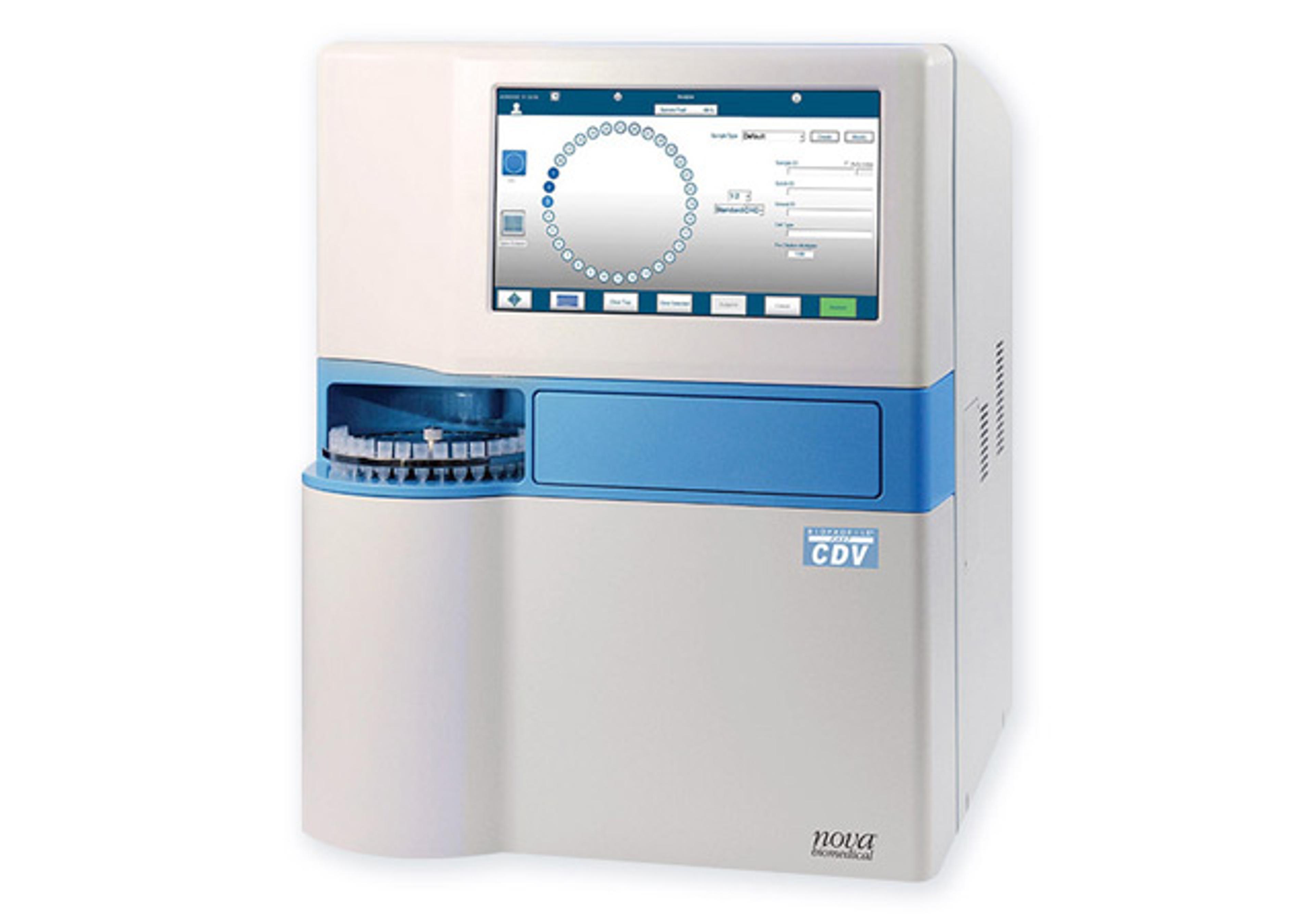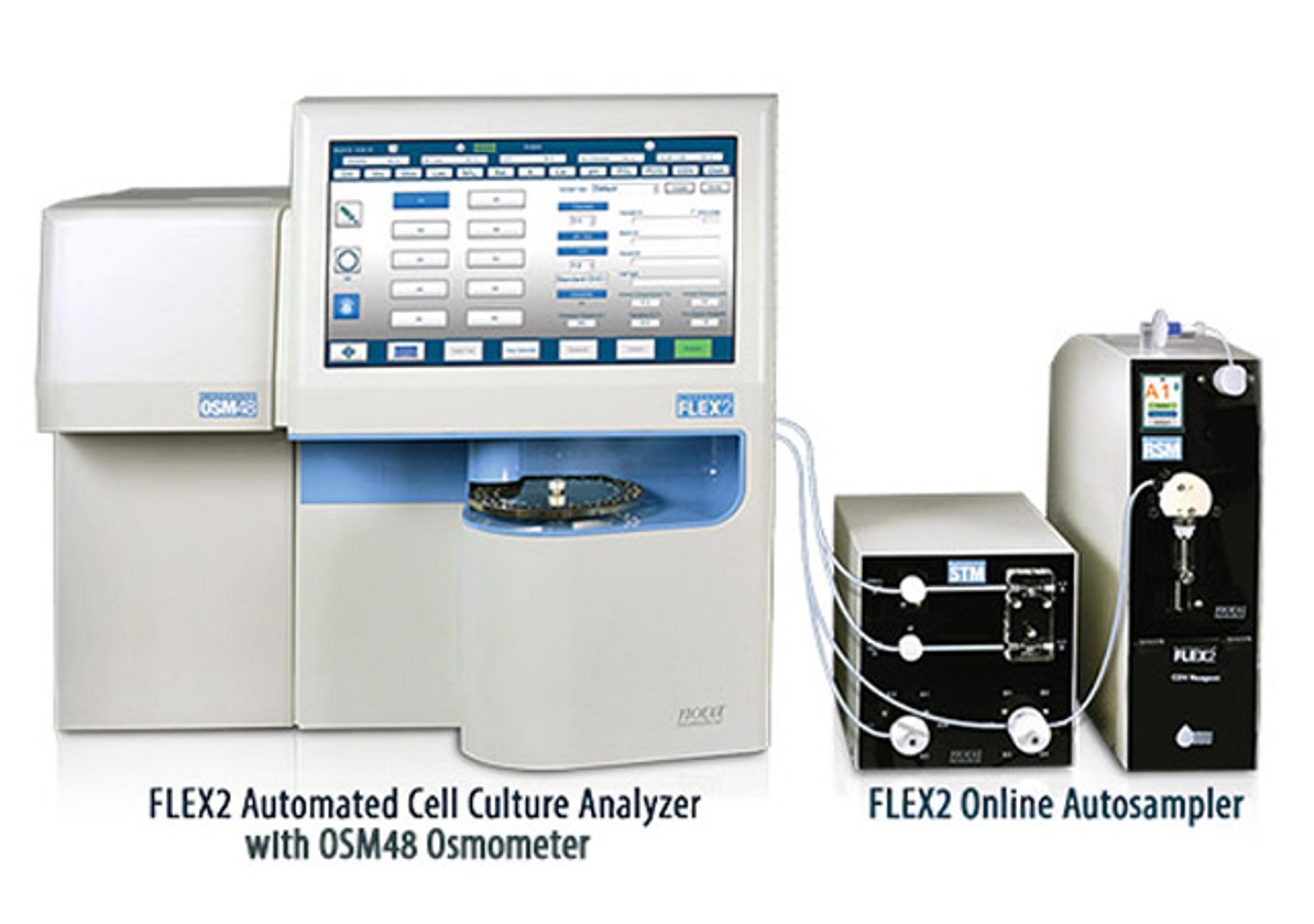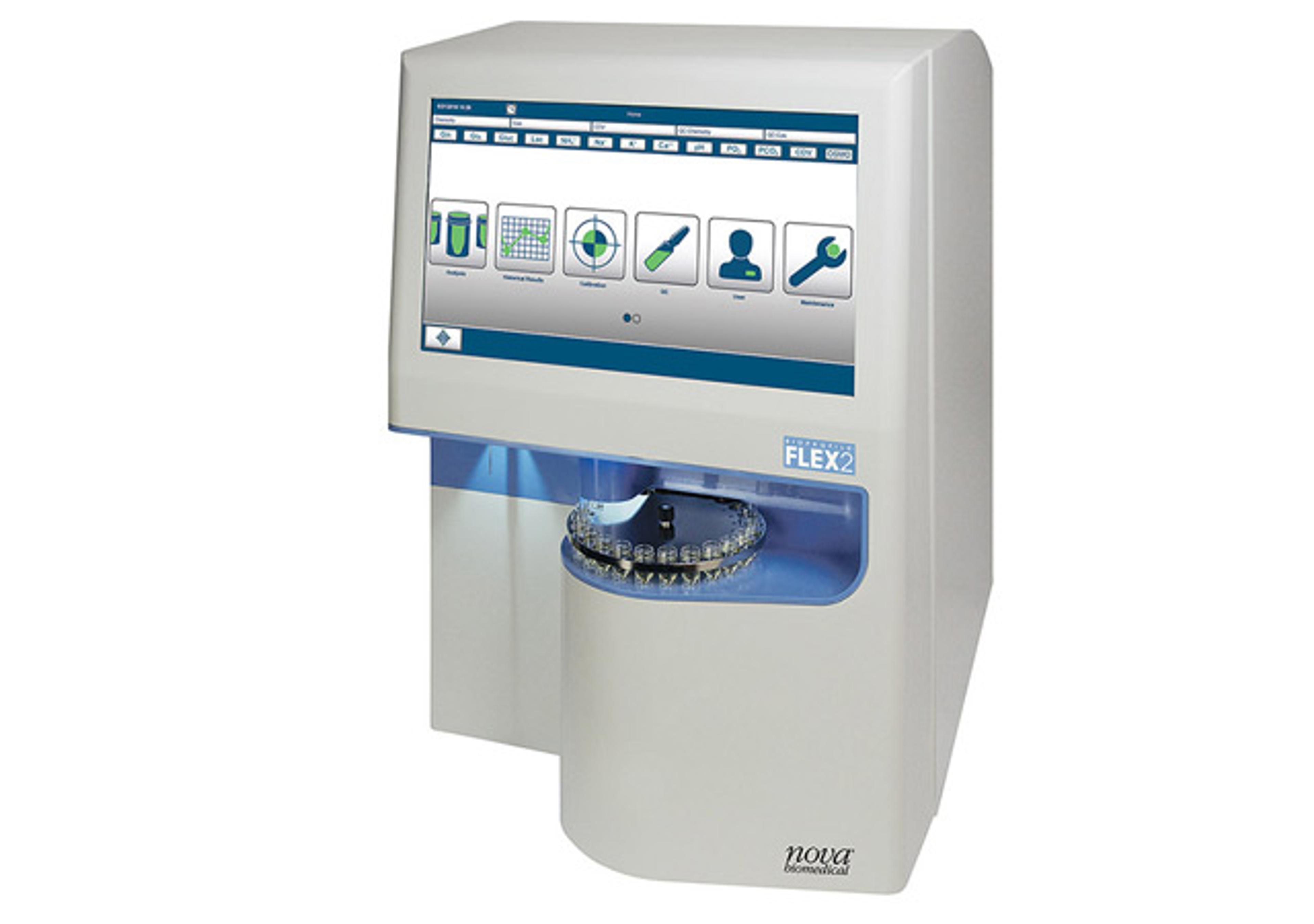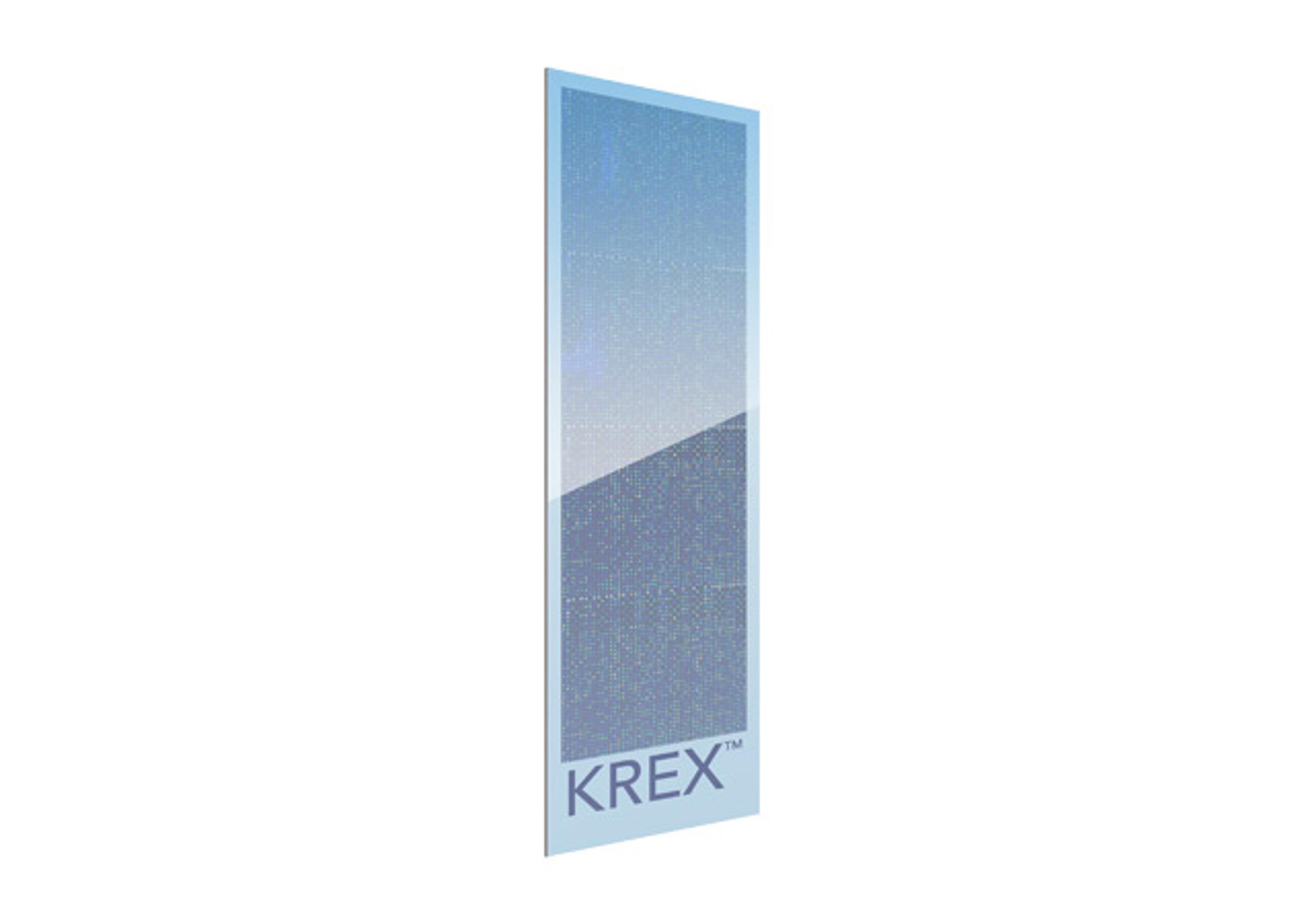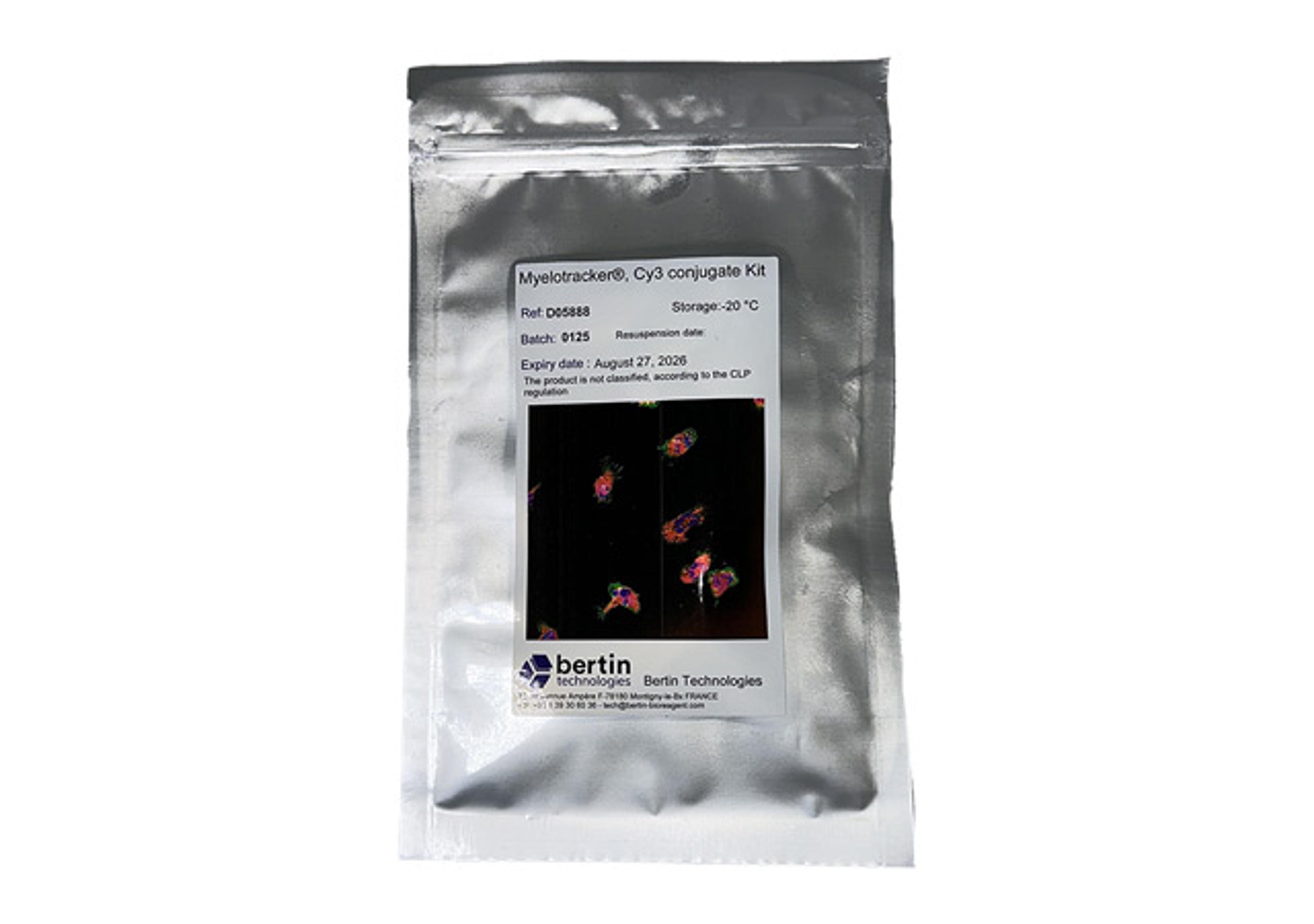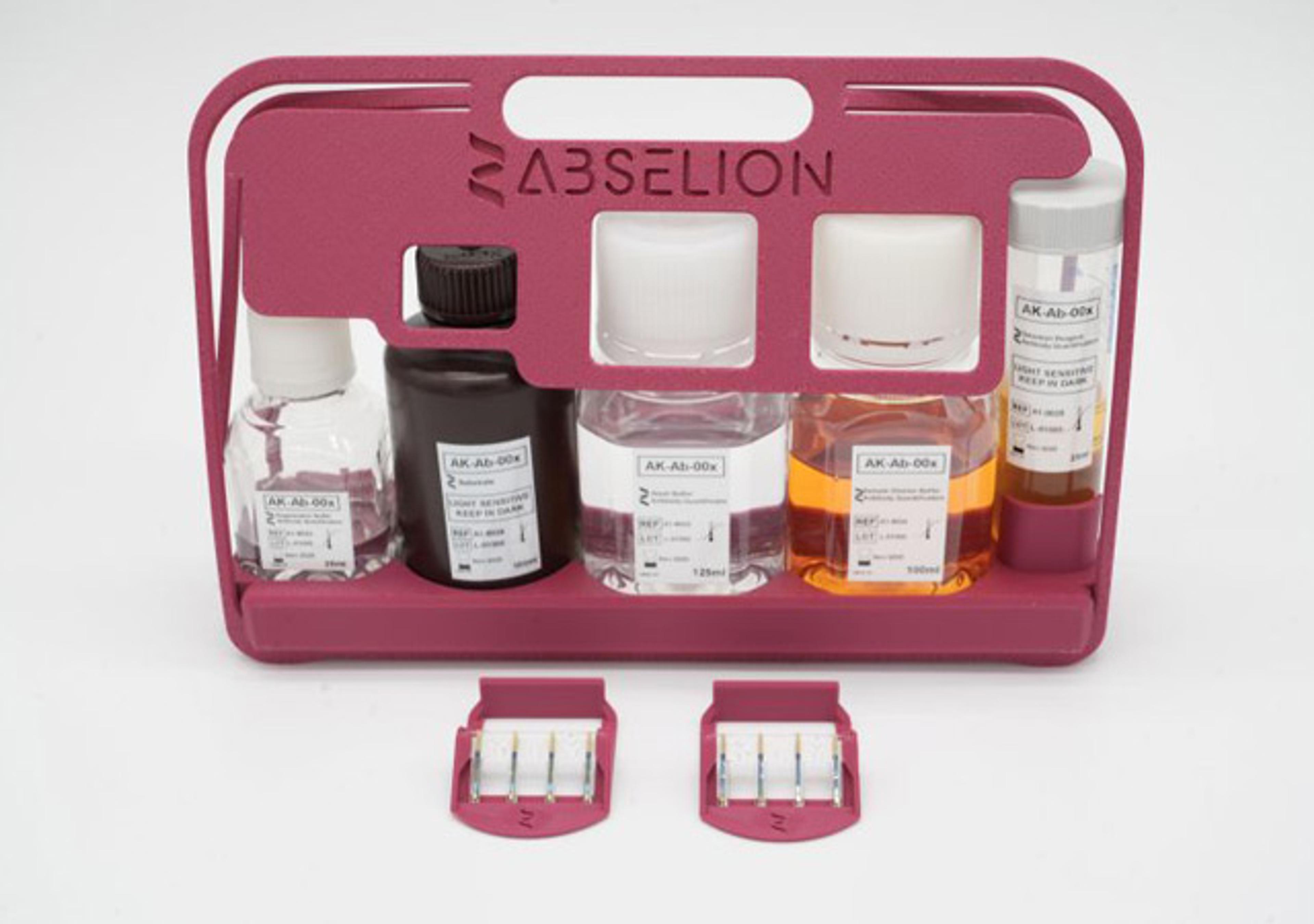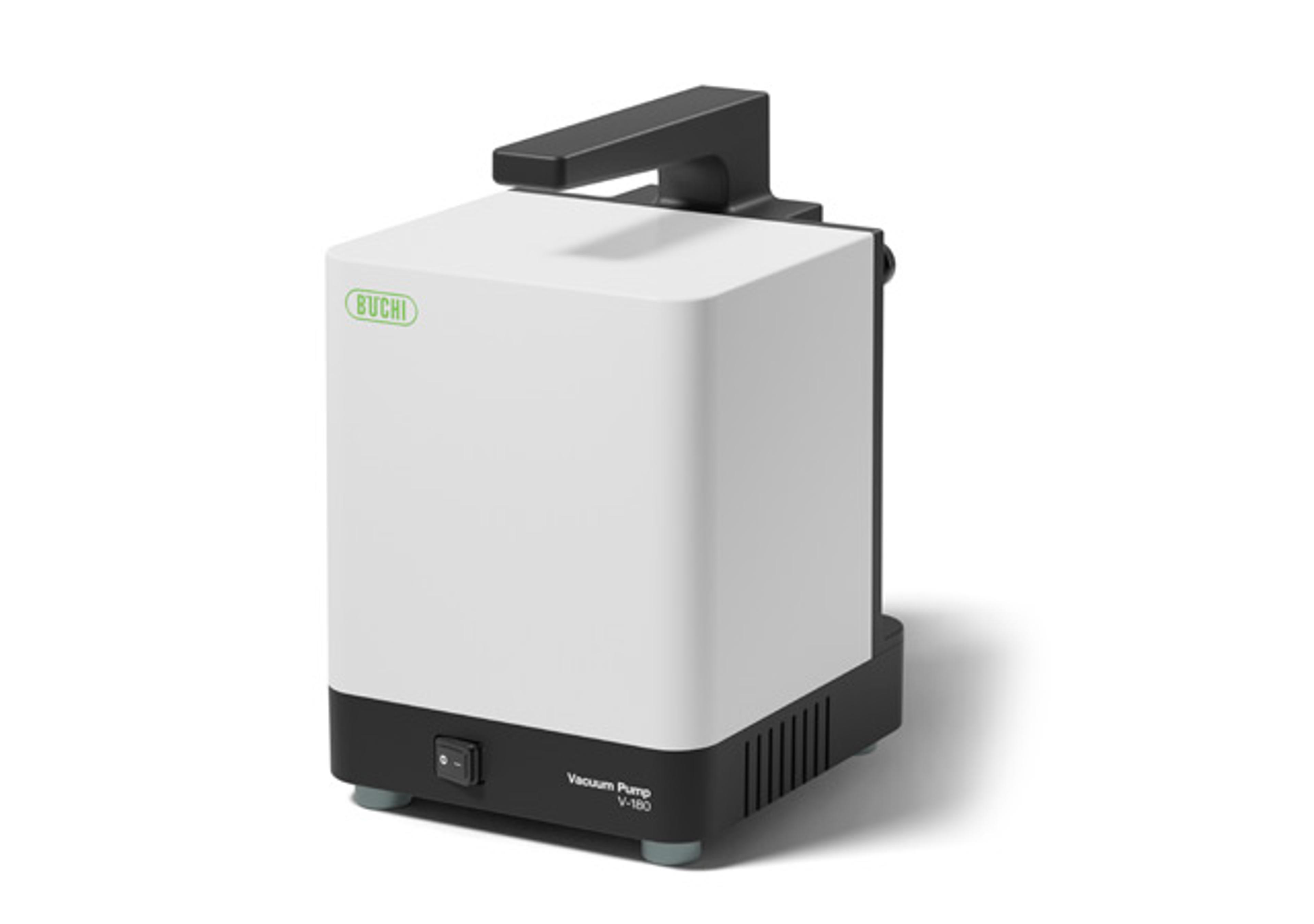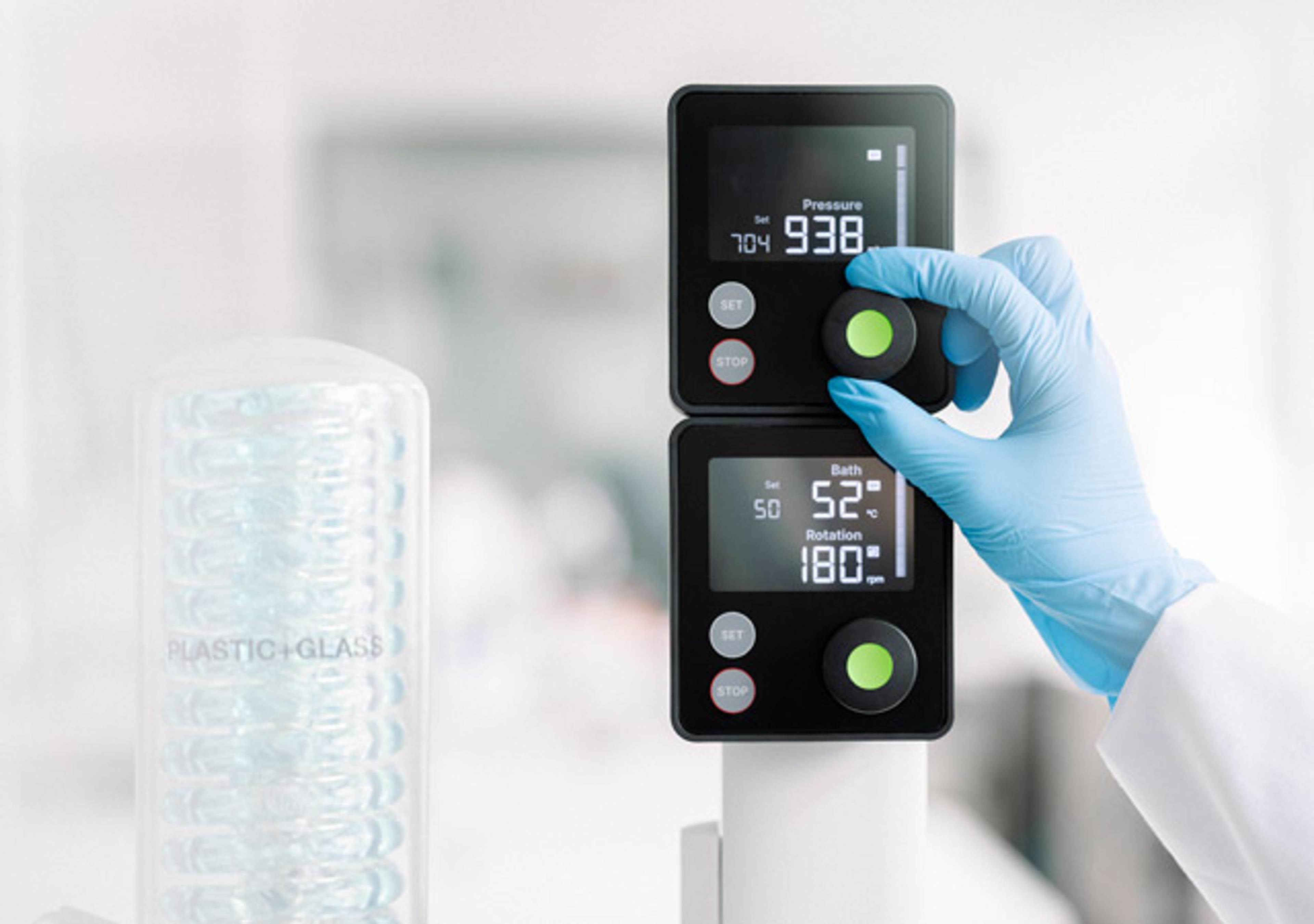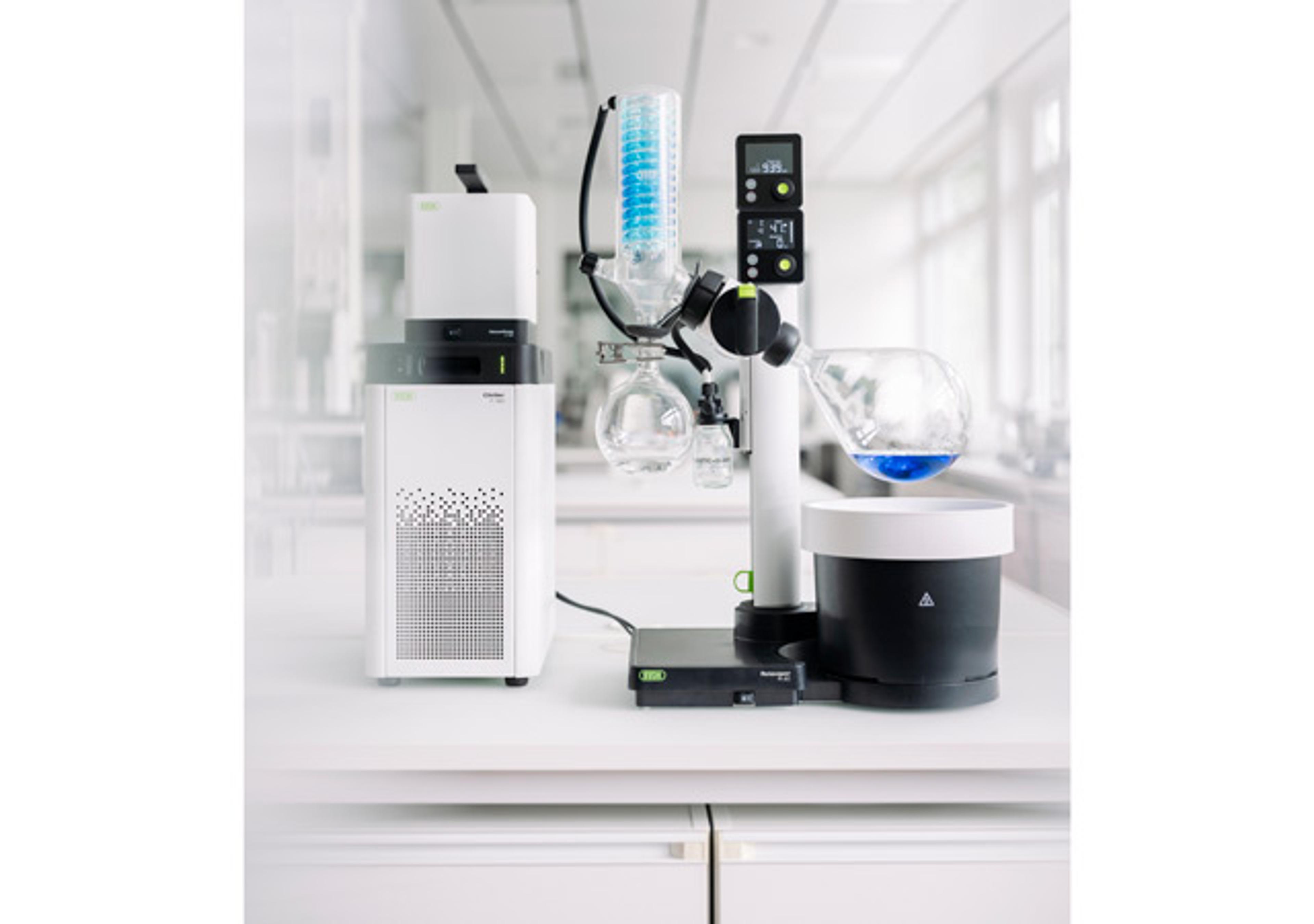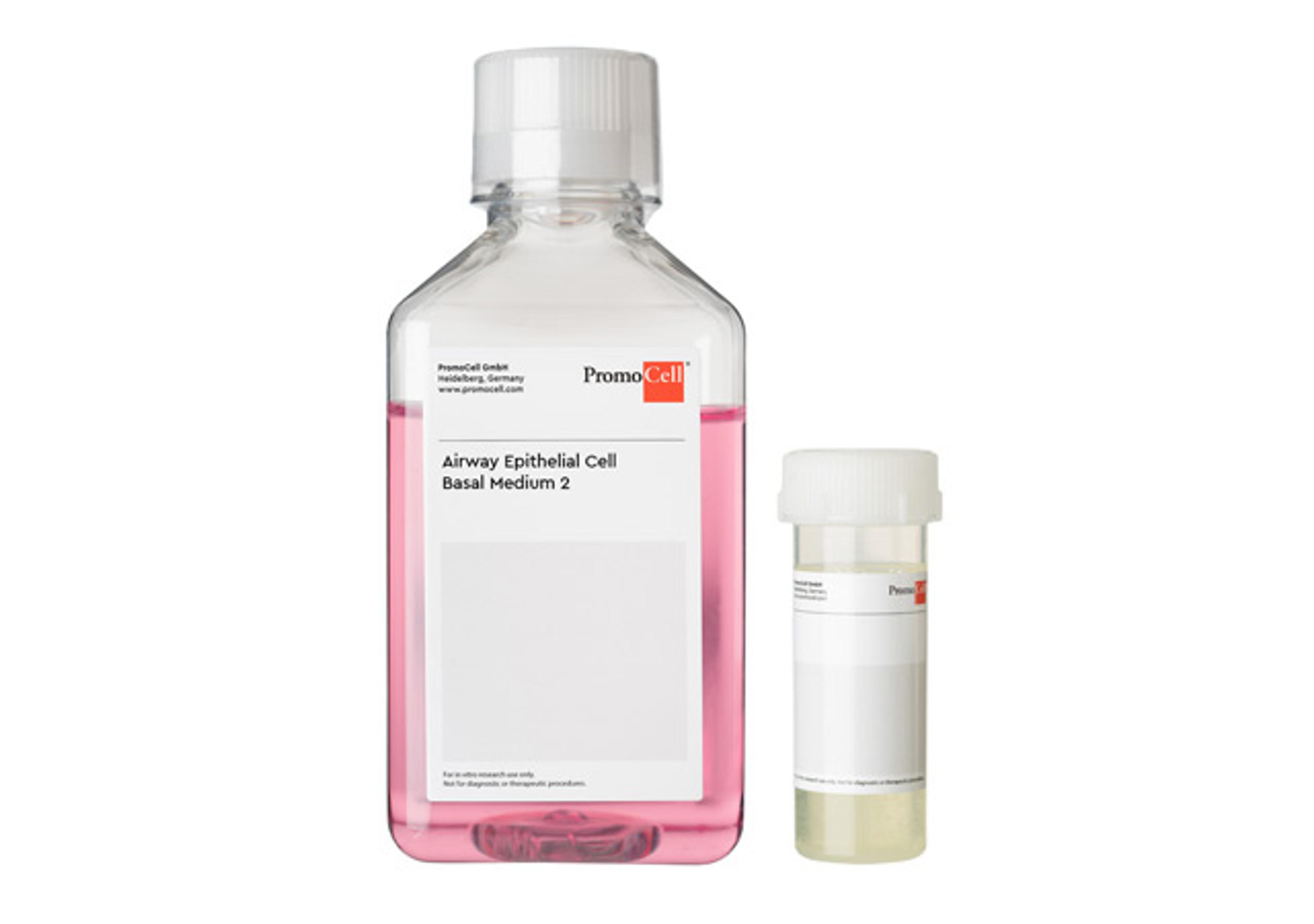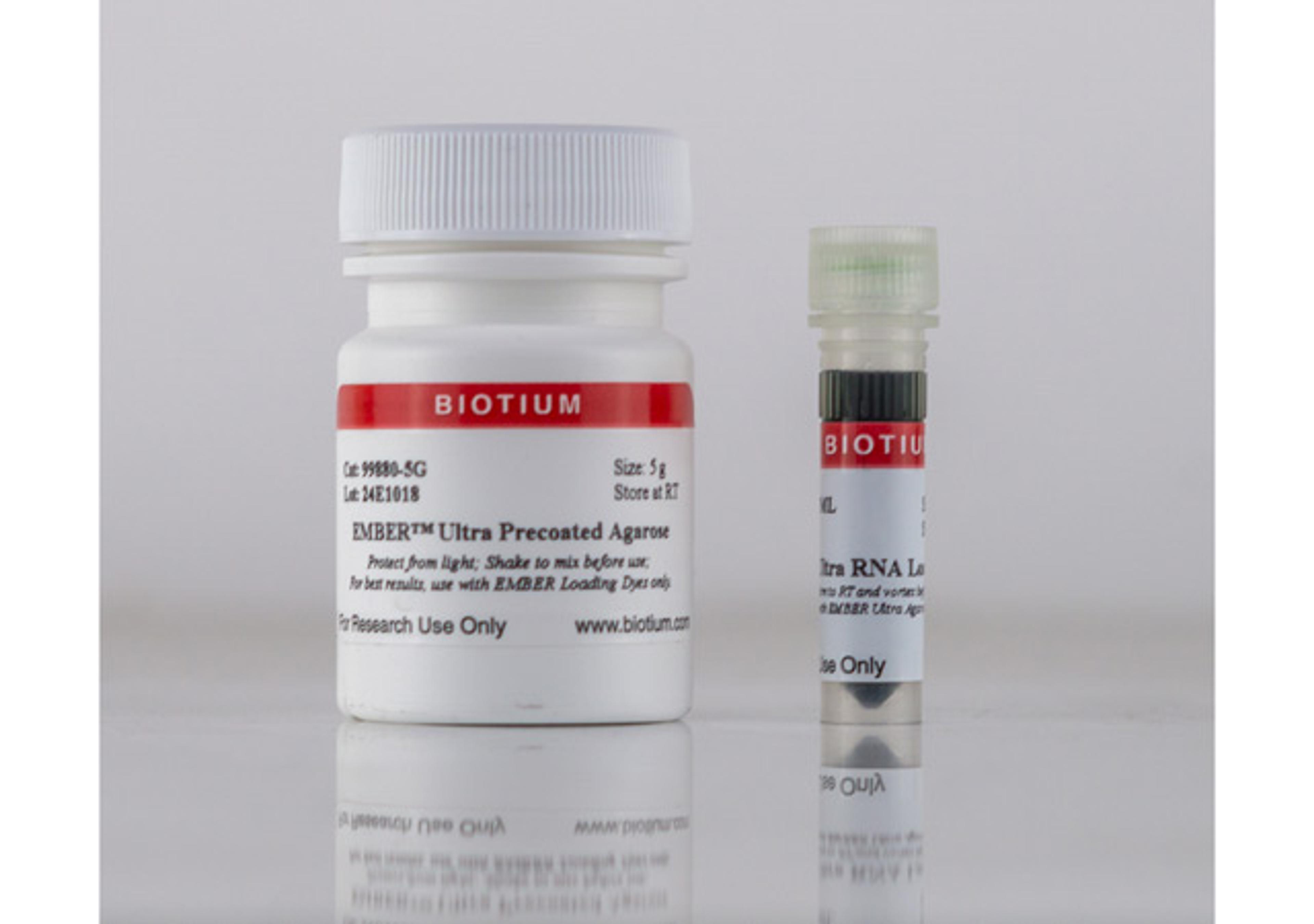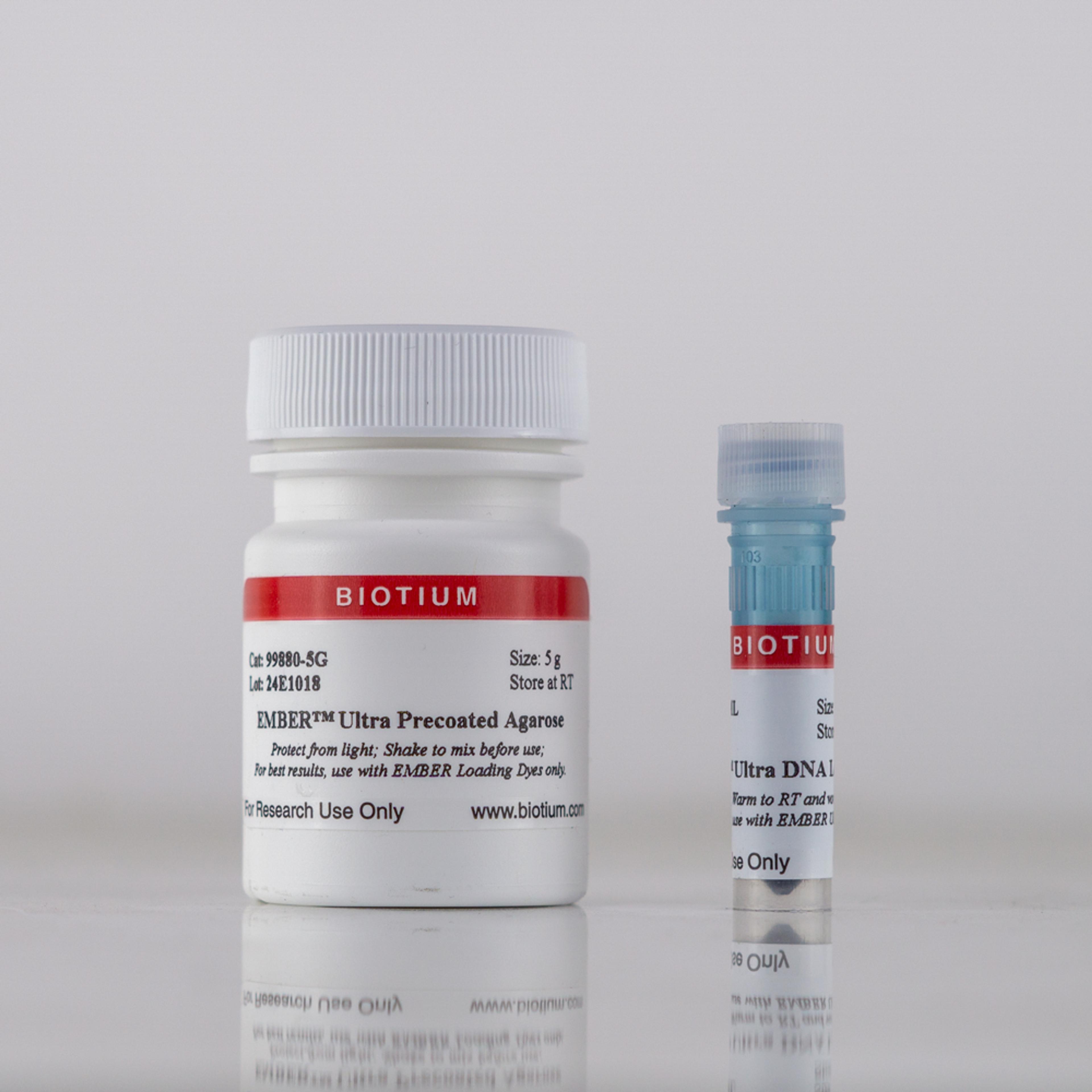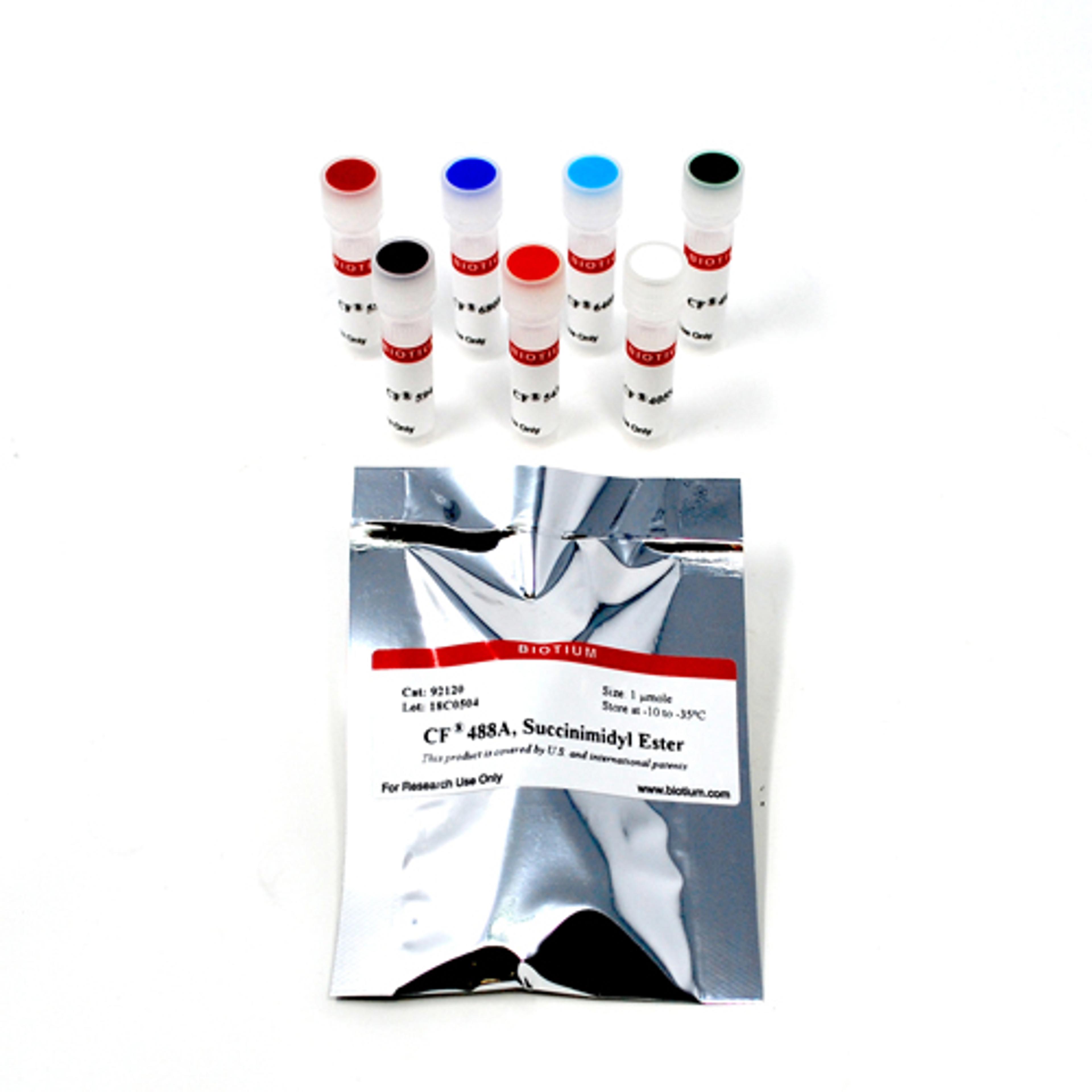LKM - Anti-LKM-1
High Quality Assays with Reproducible and Reliable Results

The supplier does not provide quotations for this product through SelectScience. You can search for similar products in our Product Directory.
Anti-LKM-1 is used for the quantitative determination of IgG antibodies to cytochrome P450 IID6 in human serum or plasma for the diagnosis of autoimmune hepatitis (AIH).The group of primary autoimmune liver disease (PAL) comprises AIH, primary biliary cirrhosis (PBC) and primary sclerosing cholangitis (PSC). The clinical picture of PAL is in most cases not different from other chronic liver diseases. About 15% of all cases with chronic liver diseases show an autoimmune pathogenesis.Therefore, after exclusion of infectious etiology especially by viruses, the determination of different autoantibodies is recommended. Patients suffering from AIH show a variety of autoantibodies. Due to the appearance of different antibody specificities classification of AIH into different subgroups is discussed. Type I is characterized by the occurrence of antinuclear antibodies (ANA) and antibodies to smooth muscles (ASMA). ASMA recognize antigenic structure formed by polymeric f-Actin. For type II a high prevalence of antibodies to liver and kidney microsomal antigens (LKM) has been described. LKM1 antibodies recognize epitopes of cytochrome P450 IID6, a 50 kDa cytoplasmic protein found in hepatocytes and proximal tubular kidney cells. LC1 antibodies are specific for type II hepatitis, too. The respective antigen is formiminotransferase / cyclodeaminase located in the cytosol of liver cells. Patients with type III autoimmune hepatitis exhibit antibodies to the soluble liver antigen (SLA). This type III is not yet fully accepted as independent subgroup for autoimmunehepatitis by the “International Hepatitis Group”. LKM-1 associated AIH predominantly occurs in girls between 2 and 14 years of age underlining the importance of this parameter for pediatrics.Anti-LKM-1 is an enzyme immunoassay for the quantitative determination of IgG antibodies to cytochrome P450 IID6. The antibodies of the standards, controls, and diluted patient samples react with human recombinant cytochrome P450 IID6 immobilized on the solid phase of microtiter plates. The use of highly purified human recombinant cytochrome P450 IID6 guarantees the specific binding of LKM-1 antibodies of the specimen under investigation. Following an incubation period of 30 min at room temperature (RT), unbound serum components are removed by a wash step. The bound IgG antibodies react specifically with anti-human-IgG conjugated to horseradish peroxidase (HRP) within the incubation period of 30 min at RT. Excessive conjugate is separated from the solid-phase immune complexes by the following wash step. HRP converts the colorless substrate solution of 3,3’,5,5’-tetramethylbenzidine (TMB) added into a blue product. The enzyme reaction is stopped by dispensing an acidic solution (HCl) into the wells after 30 min at RT turning the solution from blue to yellow. The optical density (OD) of the solution at 450nm is directly proportional to the amount of specific antibodies bound. Thestandard curve is established by plotting the antibody concentrations of the standards (x-axis) and their corresponding OD values (y-axis) measured. The concentration of antibodies of the specimen is directly read off the standard curve.

